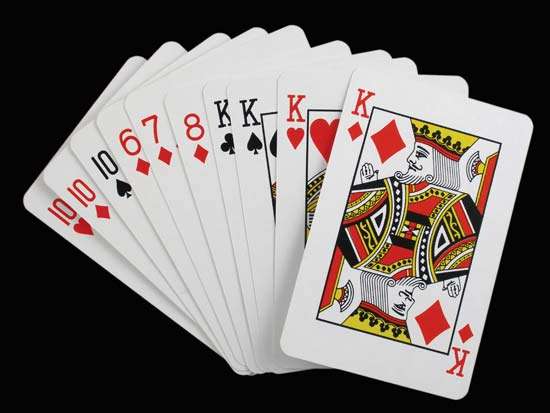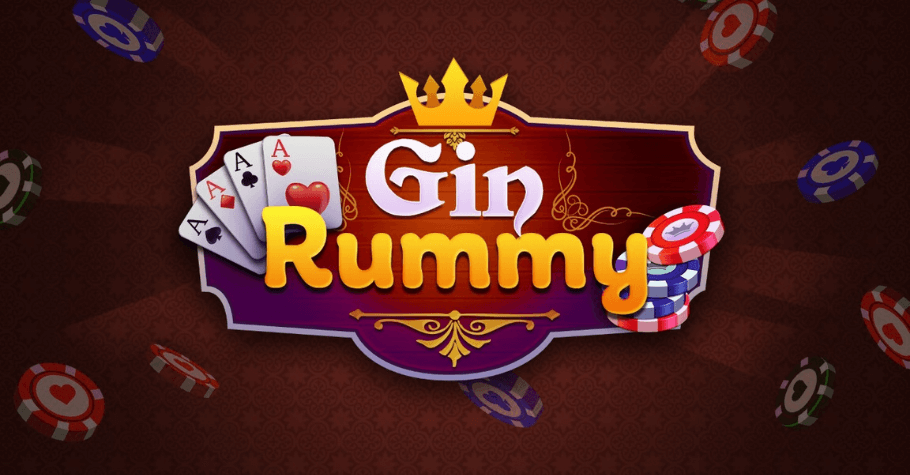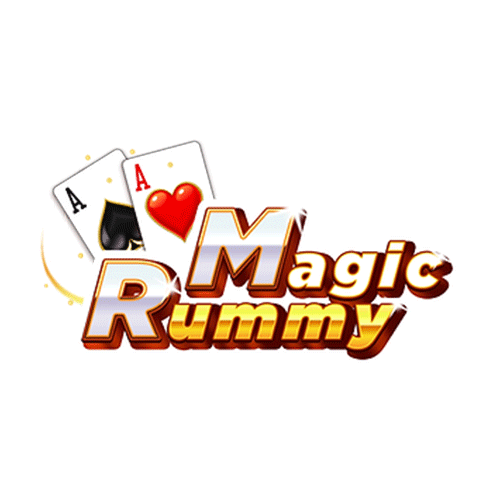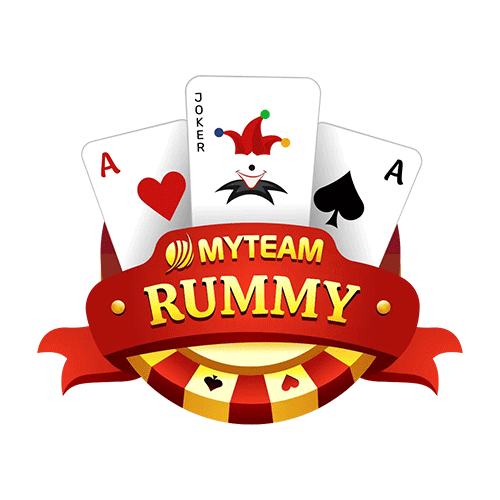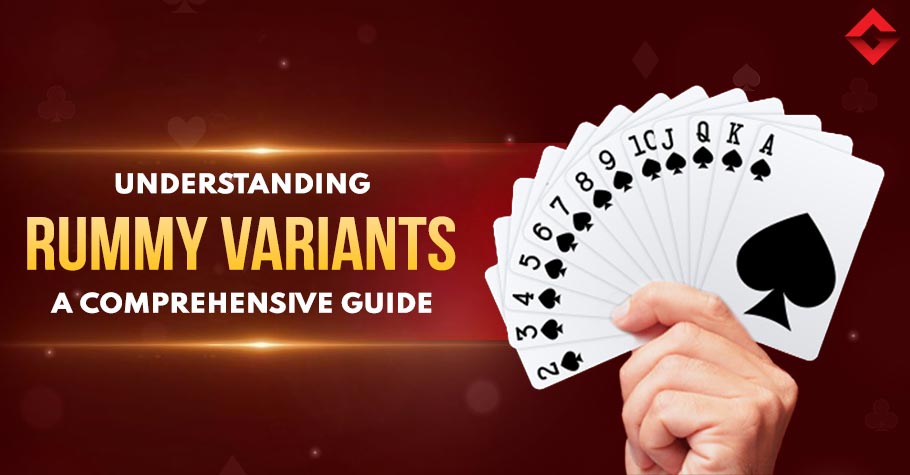 Rummy
Rummy
Understanding Rummy Variants: A Comprehensive Guide
There are several rummy variants, and the card game is one of the most popular card games worldwide. Each rummy variant has its unique set of rules and gameplay, but the core objective remains the same – to arrange cards into valid combinations or sets that consist of sequences and groups. These variations cater to different regional preferences and add diversity to the rummy experience. In this article, we’ll explore some of the most prominent rummy variants and their distinguishing features.
Most Popular Rummy Variants:
1. Gin Rummy
Gin Rummy is perhaps one of the most well-known variants of the game. It is a two-player version of rummy that focuses heavily on speed and strategy. The game begins with each player being dealt 10 cards from a standard deck of 52. Players aim to form valid sets and runs, discarding a card after each turn. A key aspect of Gin Rummy is that the game ends when one player can “knock,” indicating they have a hand with unmatched cards, or “deadwood,” that adds up to 10 points or fewer. The opponent then reveals their cards and tries to “lay off” cards to reduce their deadwood count. The game is fast-paced and emphasizes efficiency in forming combinations.
2. Indian Rummy
Indian Rummy is played across India. In this game, players between 2 and 6 are dealt 13 cards each. The game is played with two decks of cards and includes the use of jokers, which can substitute for any card to complete a set or sequence. The objective is to form two valid sequences, out of which one must be a pure sequence (without a joker). Once a player forms the necessary sets, they declare, ending the round and scoring points based on the cards left in the opponents’ hands. Indian Rummy is a highly strategic game that blends skill with patience.
3. 500 Rummy
500 Rummy, also known as Pinochle Rummy, is a version where players aim to score points by forming melds and sequences. The game is typically played with 2 to 8 players, and each player is dealt 7 cards (or 13 in larger games). 500 Rummy becomes unique because players can lay down sets as they form them during their turn rather than having to wait until all sets are completed.
Also Read: What Is Shanghai Rummy? How To Play?
Points are awarded based on the value of cards in these melds, and players race to reach a score of 500. The game allows for “laying off,” where players can add to existing sets on the table, and thus offers dynamic opportunities for interaction.
4. Kalooki Rummy
Kalooki Rummy, often played in Jamaica and Eastern Europe, is another exciting variant of rummy. Played with 2 to 4 players, Kalooki Rummy uses two decks of cards along with two jokers. When the game begins, players are dealt 13 cards. The goal is to be the first to form valid sets and sequences. A notable difference in Kalooki is that players can also use sets of three or more cards of the same value but of different suits. Points in Kalooki are calculated based on the cards left in opponents’ hands, and the winner is the one with the lowest score.
5. Contract Rummy
Contract Rummy is a more structured variant with a pre-determined number of hands or rounds, each requiring specific melds to be made. Each player is dealt 10 cards, and they must fulfil certain contract requirements, which vary from round to round. For example, a contract may require two sets of three cards or one set and one sequence. As players progress through the rounds, the contracts become more complex. The first player to complete the contract goes out, while others tally points for unmelded cards.
Each rummy variant is challenging, and they cater to different levels of expertise and styles of play. Whether you enjoy the speed and strategic depth of Gin Rummy, the regional flavour of Indian Rummy, or the structure of Contract Rummy, there’s a version of rummy to suit every player. Each variant highlights the fundamental principles of the game: strategy, skill, and a dash of luck. Exploring different rummy variants not only adds variety to gameplay but also deepens one’s understanding and appreciation of the game’s complexities.
Now that you know the variants of rummy, you are one step closer to feeling the thrill of playing the game. You can try out our online rooms below:

Roy D’Silva is a published author and has covered various beats in his decade-long experience, including Bollywood, OTT and now poker. An avid cyclist and documentary buff, Roy’s looking to be right, front, and center of that one big story in the poker world.
More News
Comments
Top 15 Rummy Rooms
-
Deccan Rummy
Sign-up & Get FREE ₹25
Offer: 100% Bonus for your first deposit up to Rs.5,000 - Use Code 'Welcome' Register -
WinZo Rummy
Win Up To ₹25 Crore
Offer: Get ₹550 Joining Bonus For Free Register -
CardBaazi Rummy
Sign-up with code GUTSHOT10
Offer: Get ₹10 Real Cash Bonus Register -
Playship Rummy
Sign-up with Gutshot
Offer: Add ₹50 Get ₹100 Extra Gamecash on 1st Deposit, also get 100% Extra Gamecash on next 29 Deposits Register -
Magic Rummy
100% Assured Welcome Bonus
Offer: Rs.510 in Cash Bonus Register -
RummyPrime
Sign-up with GUTSHOT
Offer: Get 200% bonus up to ₹12000 + ₹175 Extra Cash on your 1st Deposit Register -
PlayerzPot Rummy
Play Rummy on PlayerzPot
Offer: Get 30% rakeback Register -
BatBall11 Rummy
Sign-up with code GUTSHOT
Offer: Get ₹50 FREE Register -
FantaFeat Rummy
Sign-up with GUTSHOT
Offer: Sign-up and get ₹100 FREE Register -
Rummy Culture
Get Rs.300 on sign-up
Offer: First deposit bonus - 200% up to Rs.10,250 Register -
Rummy Passion
First Deposit Offer
Offer: Use code "WELCOME" for 100% Bonus up to Rs. 2,000 Register -
Rummy Villa
Code: "WELCOME100"
Offer: Sign-up and get 100% bonus up to Rs.2,500 Register -
GetMega Rummy
Sign-up with code GUTSHOT
Offer: Deposit Min ₹100, Win Bonus Up To ₹10,000 Register -
MyTeamRummy
Sign-up with Gutshot
Offer: Get upto 15,000* bonus Register





